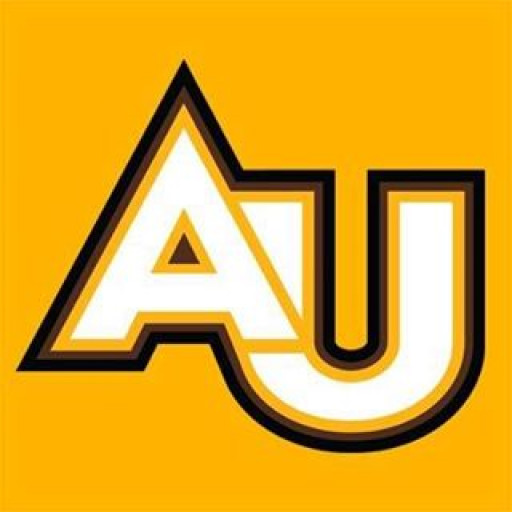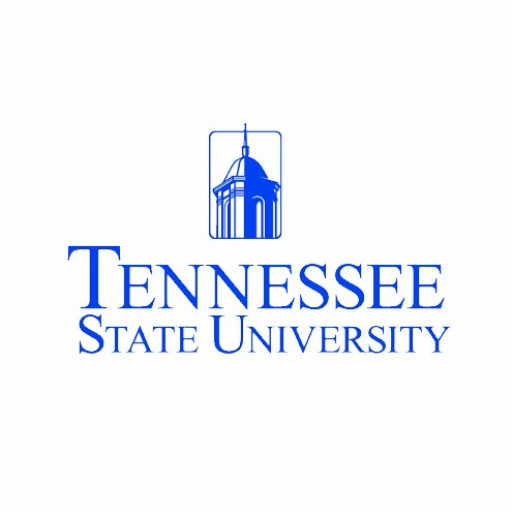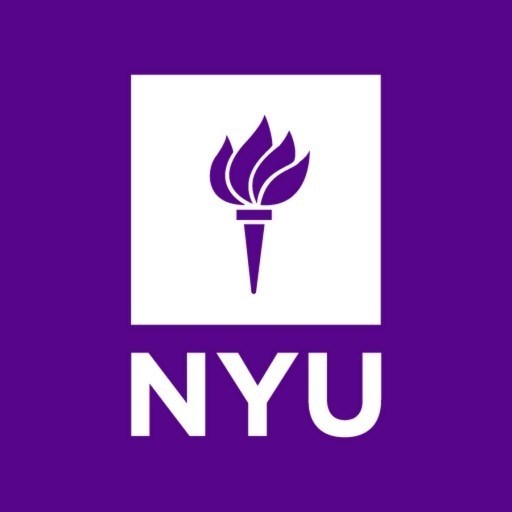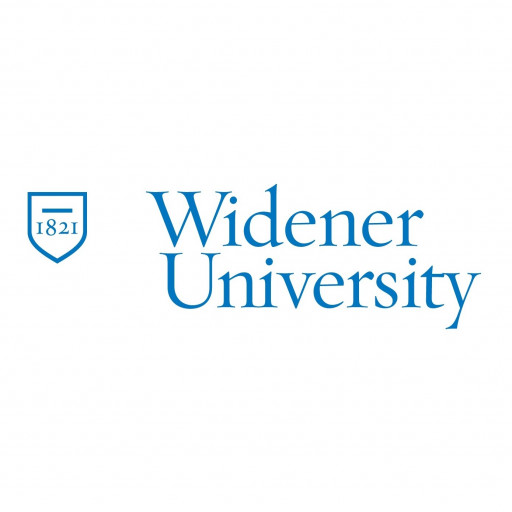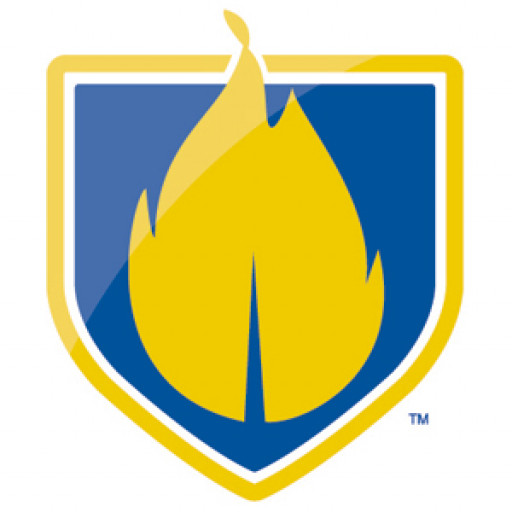Photos of university / #tuftsuniversity
Digital Tools for Premodern Studies at Tufts University offers students an immersive and comprehensive exploration of digital methodologies and technologies tailored specifically for the analysis and interpretation of premodern historical, literary, and cultural texts. This program is designed to equip students with the necessary technical skills and theoretical understanding to engage critically with digital platforms, data visualization, digital editing, and computational analysis, thereby enhancing traditional humanities research with innovative digital approaches. Through a curriculum that combines coursework in digital coding, database management, digital archiving, and GIS mapping with a focus on premodern sources, students will learn to develop digital projects that facilitate new insights into texts and contexts from ancient, medieval, and early modern periods. The program emphasizes practical experience by involving students in ongoing digital humanities projects, encouraging collaboration across disciplines, and fostering skills in scholarly digital publication and digital curation. By integrating historical expertise with cutting-edge digital tools, graduates will be prepared for careers in academia, digital project management, cultural heritage, and beyond. The program’s interdisciplinary nature ensures that students gain a deep understanding of premodern studies while mastering the digital skills necessary for innovative research and dissemination of knowledge in the contemporary digital landscape.
The central intellectual focus of this program is the study of the creation, transmission, preservation, and transformation of knowledge across time and culture, from Classical Antiquity through premodern times. The program puts a heavy focus on digital techniques in order to facilitate the study of such a broad field. Students will thus acquire a deeper knowledge of the humanities while learning and practicing computing skills in a hands-on research environment. Graduates will be well prepared to pursue Ph.D. programs and academic careers or careers in publishing, media, and technology.
Requirements
- Candidates must successfully complete eleven (11) courses at the graduate level. Two will be devoted to a common core course (Introduction to Digital Humanities) and an advanced seminar in digital technologies; Two will be selected among advanced offerings in the study of classical literature (Latin, Greek, Sanskrit or other approved ancient language). Four courses will be electives selected from a preapproved list. Three courses will be devoted to two different research projects.
- Students must select the four electives from at least two different departments or programs. These four courses can be either specialized seminars or general survey courses with separate graduate sections. To meet these course requirements, students will be able to select from an array of courses according to their particular academic and vocational interests and needs.
- Students are required to complete two major projects. One is comparable in scope to a graduate research paper (one course credit), and the other is the equivalent of a master's thesis (two course credits). The two projects will illustrate two complementary sets of skills. Each project involves the production and analysis of machine actionable data, but the two projects differ in that one emphasizes the production of good data and the other the appropriate and insightful analysis of data. Students select one approach as the focus of their major project based upon their intellectual goals.
- Reading knowledge of Latin and Greek and one modern foreign language (usually German or French) is tested by examination
- A comprehensive written examination integrating course work with knowledge of the reading lists in Greek and Latin literature is required.
- Online application for admission
- Scanned copies of all college transcripts
- Letters of Recommendation: one for certificate programs, two for the engineering management program, and three for all other degree programs
- Résumé or Curriculum Vitae
- Personal statement elaborating on your reasons for wanting to pursue graduate study at Tufts
- Application fee of $85
- A baccalaureate degree from an accredited college or university
- Achieved competitive scores on both the verbal and quantitative reasoning sections of the GRE
- Applicants who are not native speakers of English are required to take the Test of English as a Foreign Language (TOEFL) or the International English Language Testing System (IELTS). A minimum TOEFL score of 90 on the internet based exam is required for M.A., M.S., and Ph.D. applicants, and a minimum score of 85 is required for M.F.A. applicants. The minimum IELTS score is 6.5.
In addtion, applicates are required to have attained advanced proficiency in either Greek or Latin so as to enable them to enroll in graduate-level courses in the Department of Classics. For admission, proficiency will be established by their transcript. Upon matriculation, students will take placement exams in Latin, Greek, or both depending on their background.
Personal statement prompt: describe a humanities research question that you would like to pursue in the program and the digital methods you would like to apply. Feel free to submit this in writing (20 pages maximum), or through other media (e.g. a link to a GitHub repo, a website, etc.).
Scholarships
For students who show scholarly promise, the Graduate School of Arts and Sciences and the School of Engineering offer scholarships, fellowships, and research or teaching assistantships to full-time students in doctoral programs. The Graduate School of Arts and Sciences also offers awards to full-time students in master’s programs. Certificate students are not eligible for these awards.
- Tuition Scholarships are available in most master's and doctoral programs for qualified students.
- Teaching Assistantships are offered by most departments.
- Research Assistantships are generally available in the science and engineering areas.
- Fellowships are offered to students who demonstrate outstanding records of achievement and a well-articulated plan of study.
Digital Tools for Premodern Studies at Tufts University is a specialized program designed to equip students with the skills and knowledge necessary to analyze, interpret, and present premodern historical and cultural materials using modern digital technologies. The program emphasizes interdisciplinary approaches, integrating history, literature, art, and archaeology with advanced digital methodologies such as digital mapping, data visualization, digitization, and textual analysis. Students are introduced to a variety of tools and platforms that facilitate the management, analysis, and dissemination of premodern data, including digital archives, GIS (Geographic Information Systems), 3D modeling, and computational linguistics. The curriculum develops proficiency not only in technical skills but also in critical thinking about the ethical considerations and scholarly implications of digital scholarship in premodern studies. Students have opportunities to collaborate on innovative research projects, often in partnership with faculty members who are active in the digital humanities community. This program prepares graduates for careers in academia, museums, libraries, cultural heritage organizations, and digital content development companies. The program's interdisciplinary nature fosters a comprehensive understanding of the historical contexts and cultural significance of premodern societies while leveraging cutting-edge digital tools to broaden research perspectives and enhance accessibility. Courses include topics such as digital paleography, digital editing of ancient texts, 3D reconstruction of historical sites, and digital storytelling. Students also learn about project management and grant writing to support digital research initiatives. Overall, Digital Tools for Premodern Studies aims to bridge traditional humanities scholarship with innovative digital practices, helping students contribute to the evolving landscape of digital humanities.

